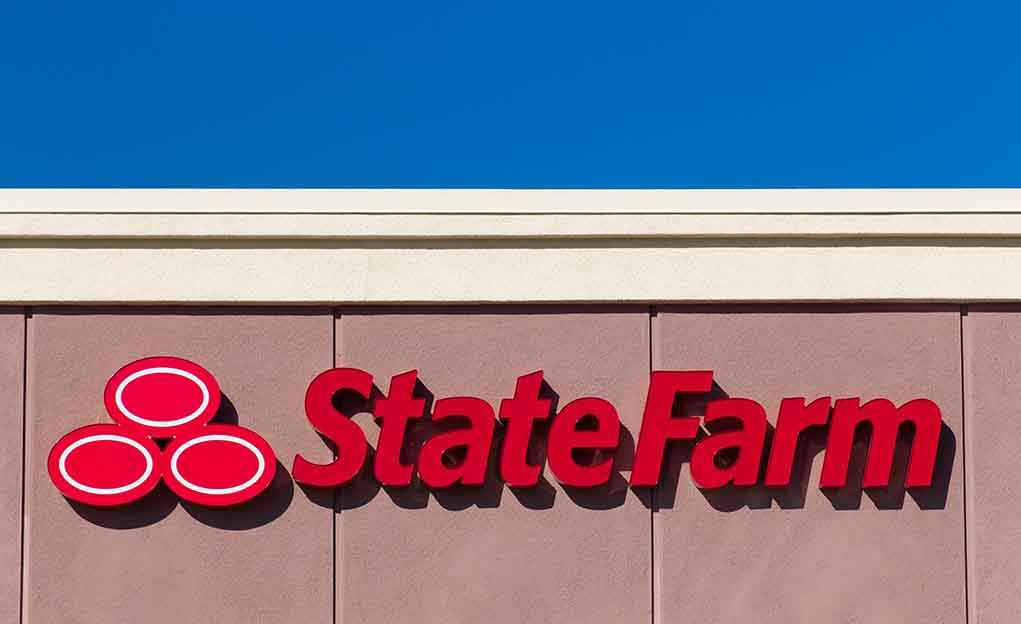
State Farm’s latest ad campaign wasn’t designed to change the world, but it sure changed the conversation about how far a company can go before being burned for lighting up pop culture—and critics—on national TV.
Story Snapshot
- State Farm’s celebrity-filled football season ads sparked accusations of promoting “radical woke ideology.”
- The campaign’s actual content focuses on humor, celebrity power, and playful cultural nods rather than explicit politics.
- The viral backlash mirrors broader debates on “woke” branding and American cultural divides.
- Despite the uproar, State Farm’s campaign is drawing more attention—and possibly more policyholders—than ever before.
Celebrities, Insurance, and an Unexpected Culture War
State Farm, America’s top dog in property and casualty insurance, dropped a new ad campaign just as the NFL season kicked off. Imagine Meghan Trainor trading quips with Patrick Mahomes, all in the playful “Trainer vs Trainer” spotlight. The commercials never mention politics, activism, or any hot-button issue. Instead, they deliver a blend of pop-culture humor and quick wit, designed for maximum replay value and viral shareability. Yet, the online reaction was anything but lighthearted.
Social media lit up. Critics, especially from conservative corners, accused State Farm of pushing a “radical woke ideology.” Hashtags trended. Commentators dissected every punchline and casting choice, looking for hidden messages. But what you see on screen is just clever banter between a chart-topping singer and a Super Bowl MVP, all aimed at reminding you that insurance can be fun—at least for 30 seconds. The backlash says more about our current culture war than about State Farm’s marketing strategy.
Anti-Constitution mind set.
Top insurance company in hot seat as blistering new ad campaign exposes 'radical woke ideology' https://t.co/jBe2tHAzWW— MattTN (@JohnMarshall765) October 1, 2025
Where ‘Woke’ Meets Wallet: The Business Calculation
State Farm’s leadership and their agency, The Marketing Arm, know exactly what they’re doing. Launching a high-profile campaign during football season guarantees eyeballs. The use of diverse, high-wattage celebrities isn’t accidental—it’s a calculated move to make insurance feel relevant to everyone, from diehard sports fans to music lovers. Kristyn Cook (Chief Agency, Sales and Marketing Officer) and Alyson Griffin (Marketing VP) are betting that a brand with nearly 100 years of tradition can still feel modern, even edgy, without alienating its core customers.
Some industry analysts say the “woke” label is less about the ads themselves and more about the times we live in. Brands like Bud Light and Target have faced similar heat, not for what they do, but for what their critics say about them. The fact is, State Farm’s campaign is rooted in humor, inclusivity, and cultural relevance—none of which are new to American advertising. What’s new is just how quickly those qualities can ignite controversy.
Who Wins When Outrage Goes Viral?
The answer depends on which scoreboard you’re watching. For State Farm, the campaign has delivered millions of views and endless buzz. Younger consumers—those elusive, brand-disloyal millennials and Gen Zers—are sharing the ads, riffing on the jokes, and talking about insurance for the first time since Jake from State Farm wore his khakis. For critics, the uproar is a way to fuel larger debates about corporate America’s values. For the insurance industry, these campaigns are a test case: How far can you lean into modern culture before facing a boycott—or a bonanza of new customers?
Despite the controversy, State Farm hasn’t blinked. The ads keep running during NFL games, the brand’s executives remain silent on the so-called culture war, and the company’s marketing machine hums along. No apology. No withdrawal. Just business as usual, with a side of viral fame. If anything, the attention proves that in today’s America, even the safest of brands can find themselves in the crosshairs simply for trying to keep up with the times.
What This Means for Advertising—and for America
State Farm’s campaign marks a turning point. On one side, marketers see proof that humor and celebrity can still drive engagement—if you’re willing to ride out the storms of social media outrage. On the other, critics warn that even a whiff of “wokeness” can become a rallying cry for those eager to police the cultural boundaries of corporate America. The real surprise? The actual ads are apolitical, but the reactions are anything but. The controversy reveals as much about the audience as it does about the advertiser.
The insurance industry will watch closely: Will this viral moment translate to new business, or spark calls for boycotts? Will other brands double down on diversity and humor, or retreat to safer, more traditional campaigns? One thing is certain: in the age of instant outrage, every ad is a potential flashpoint. For State Farm, the real risk may not be in courting controversy—but in playing it too safe and letting someone else capture the spotlight.
Sources:
State Farm 2025-26 Football Campaigns (Ads of the World)
State Farm Video Commercials (Official)
Patrick Mahomes, Meghan Trainor are State Farm’s newest odd couple in latest ad (Campaign Live)




